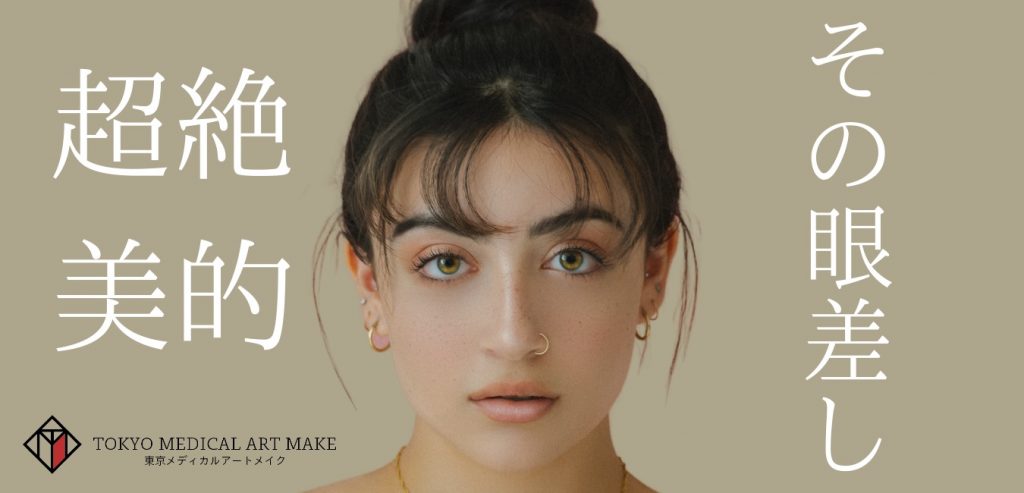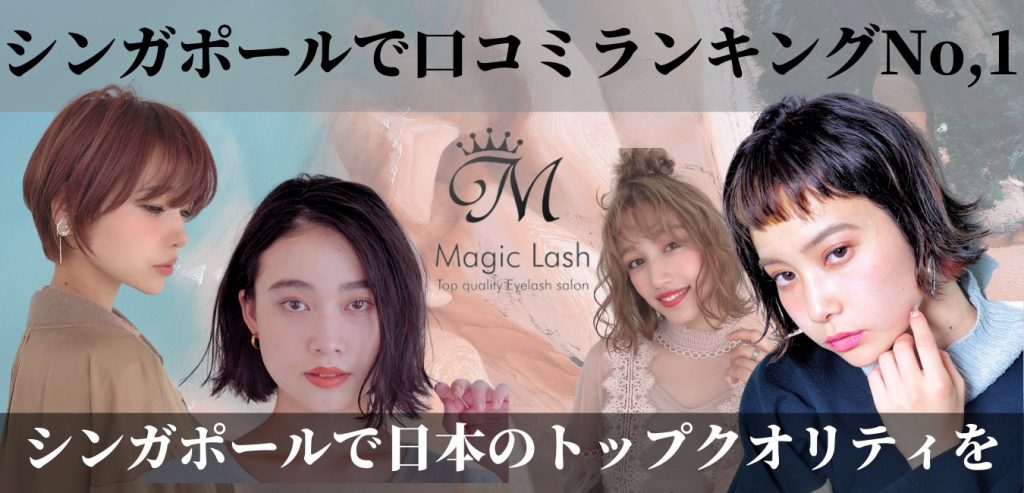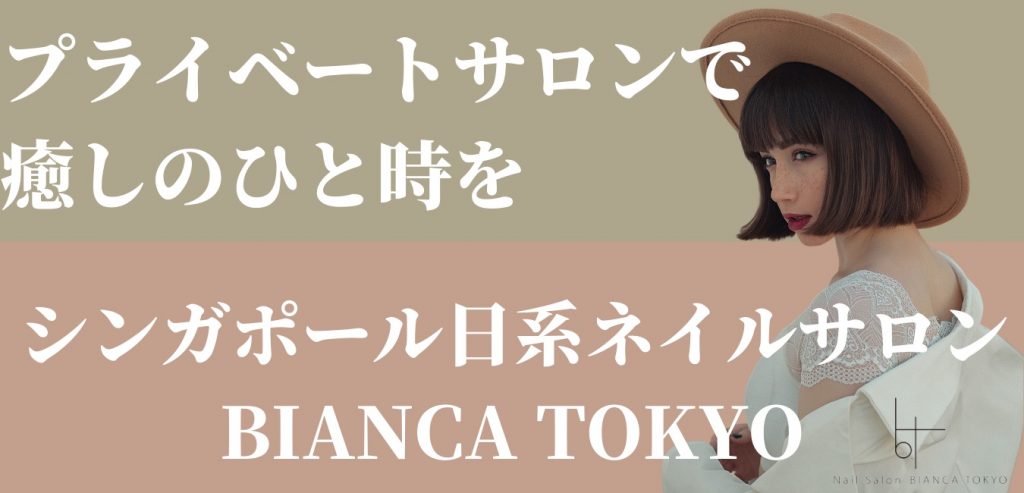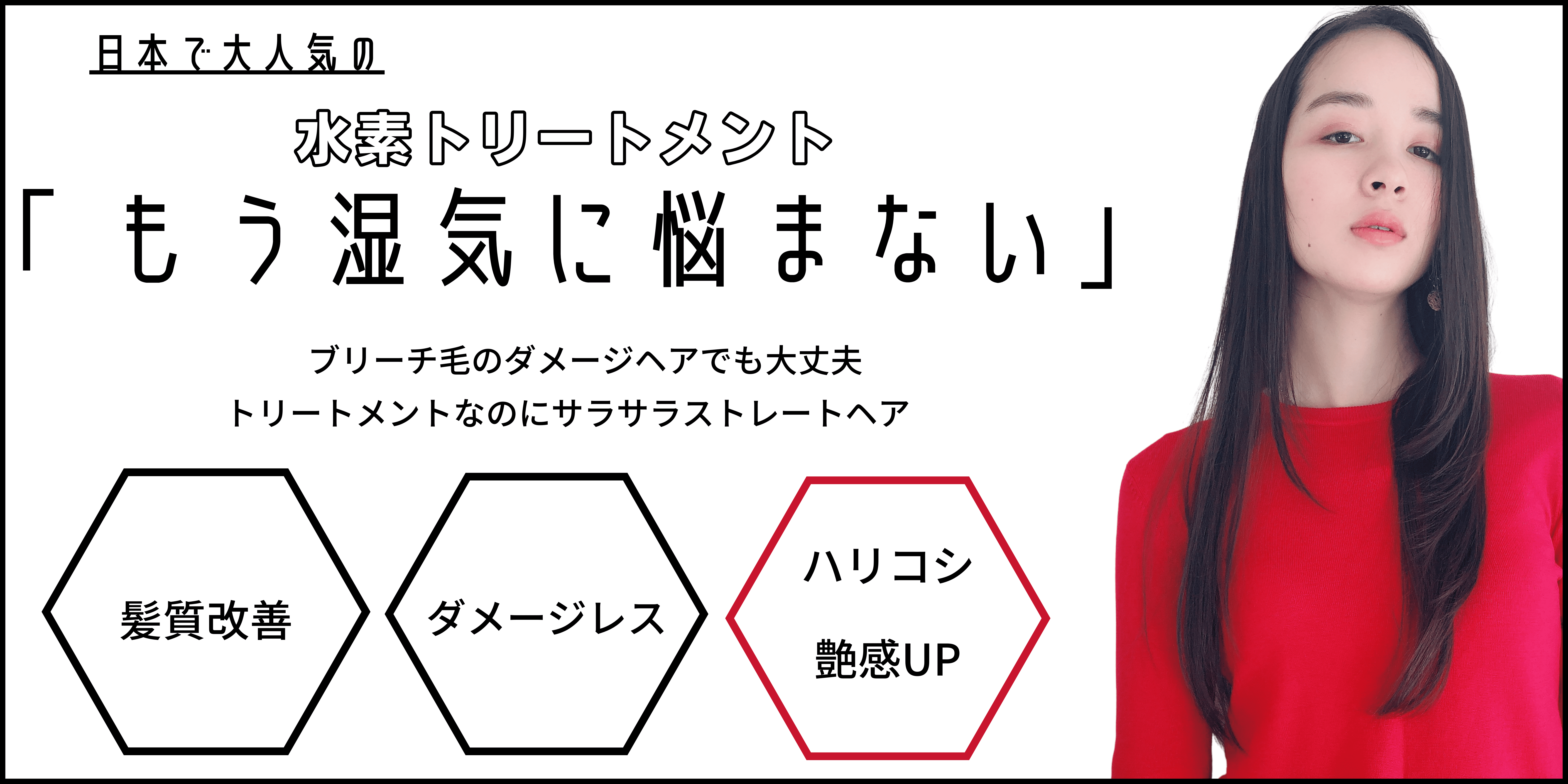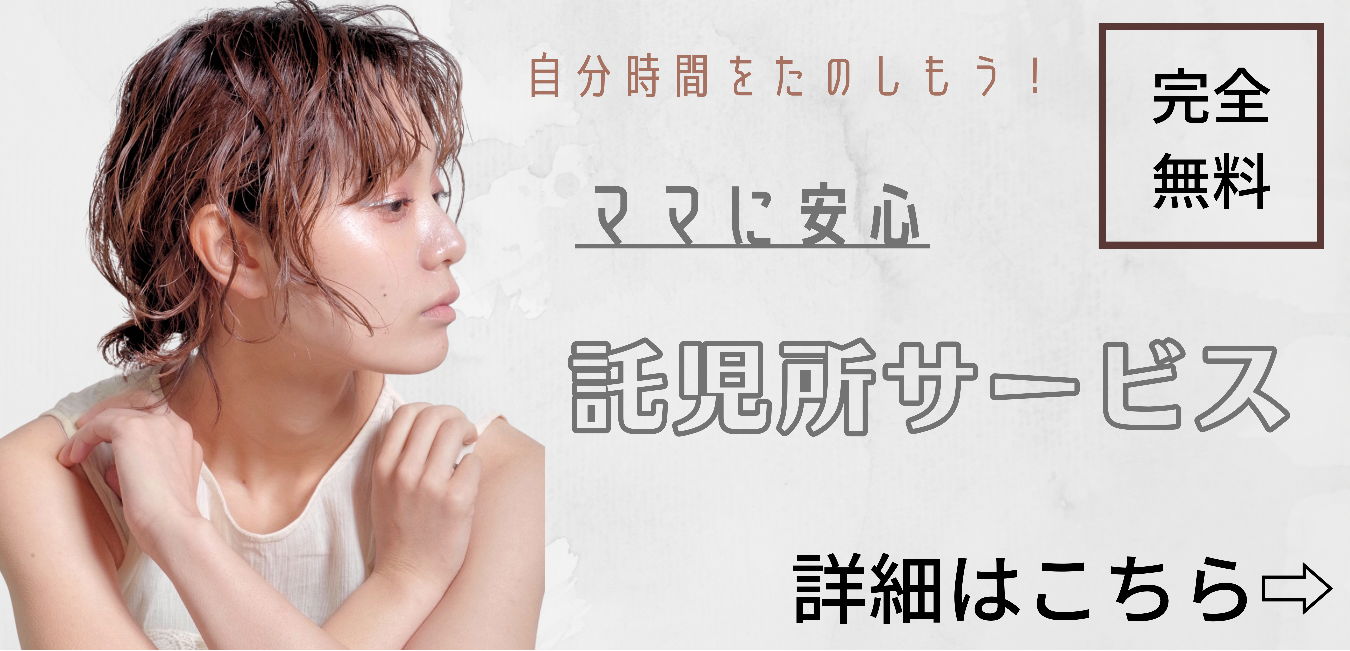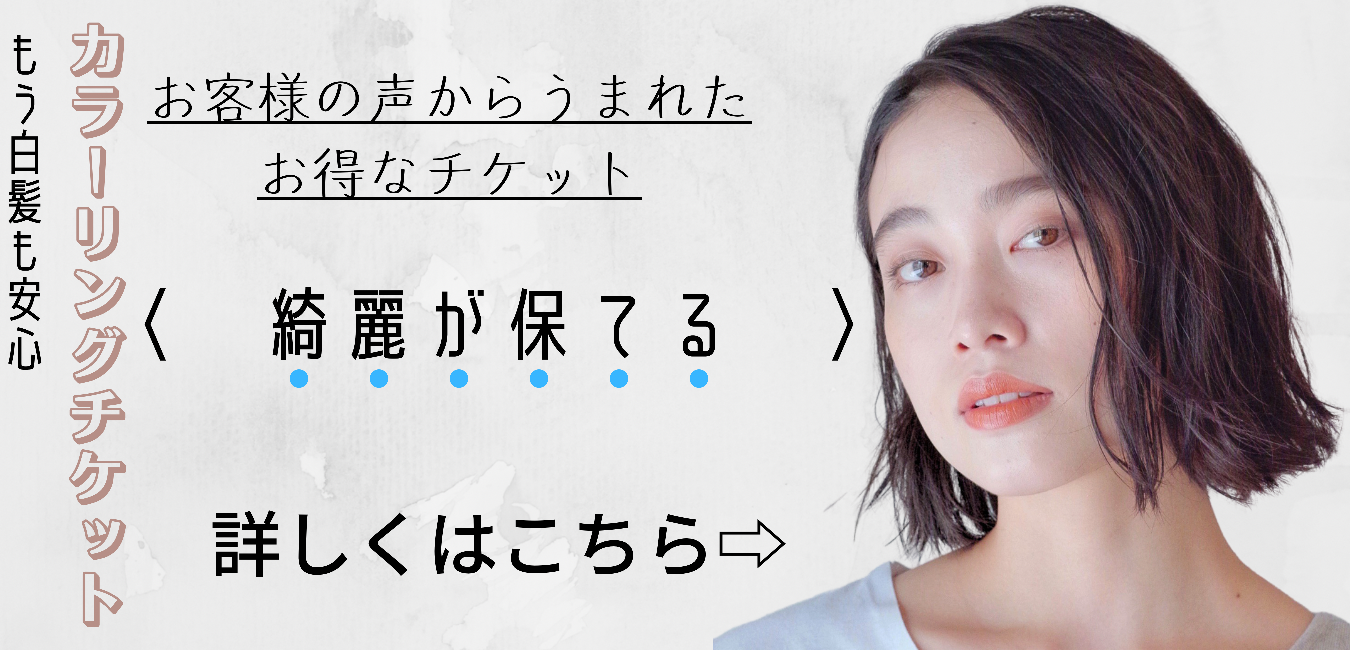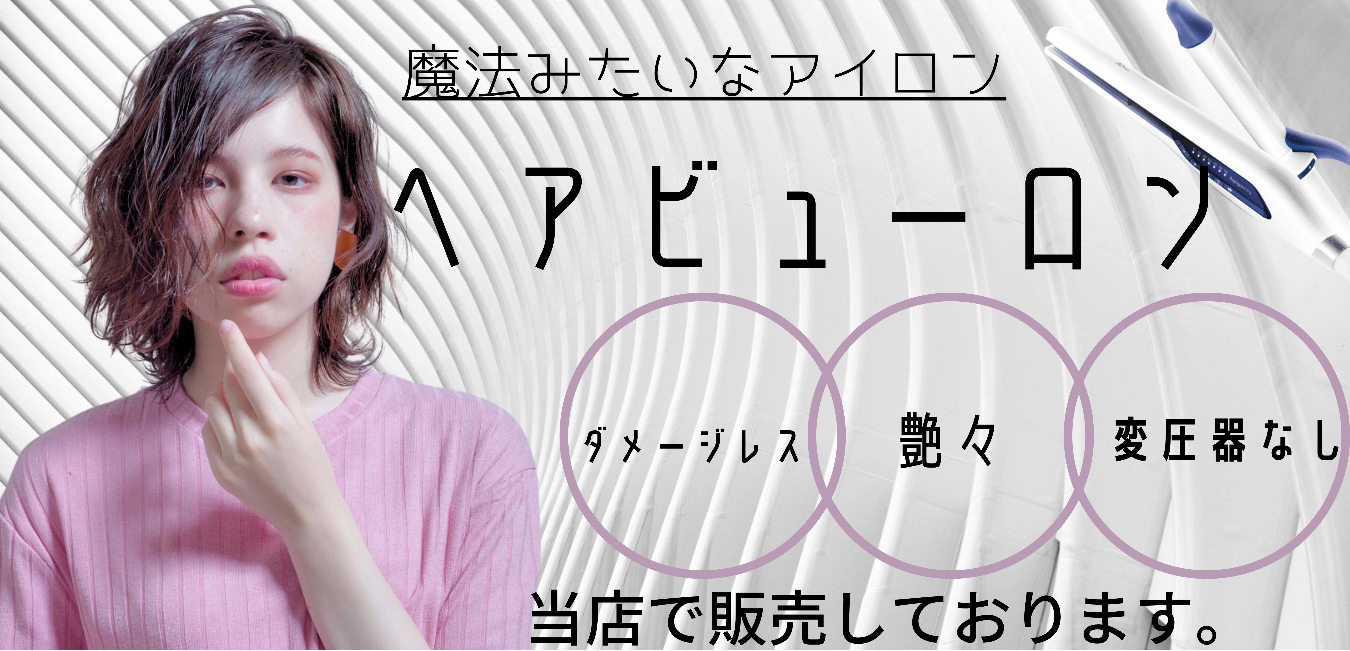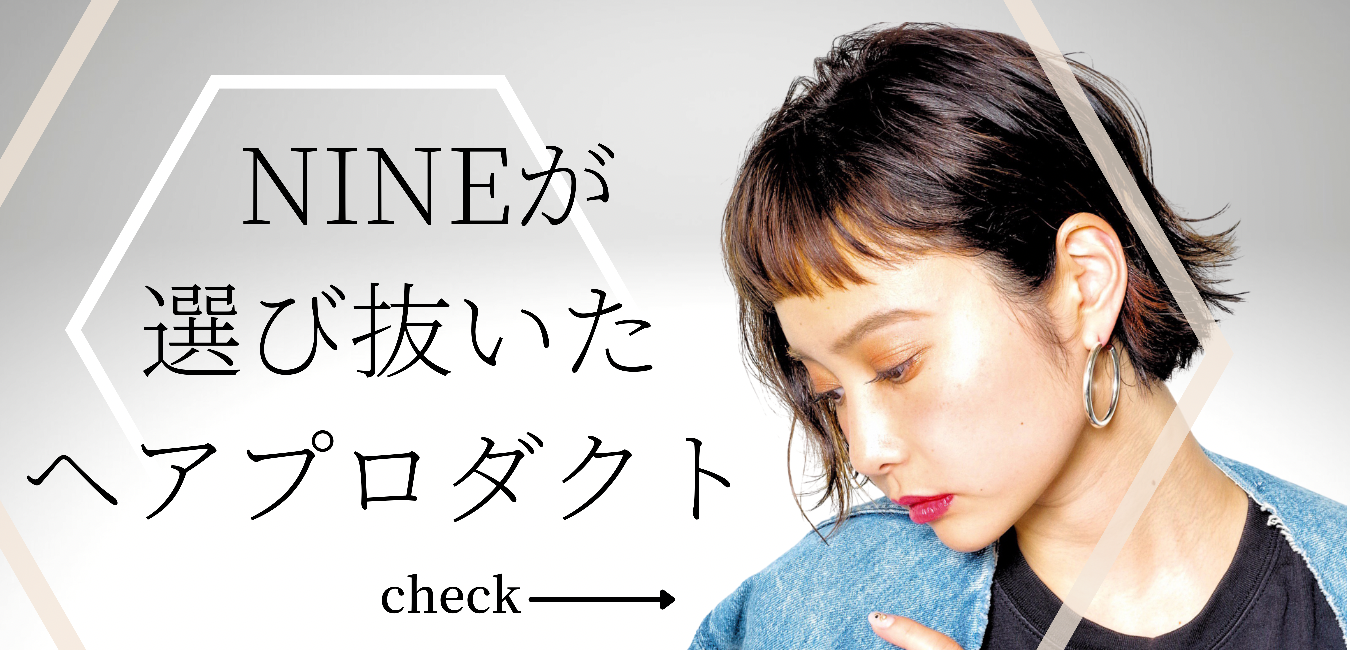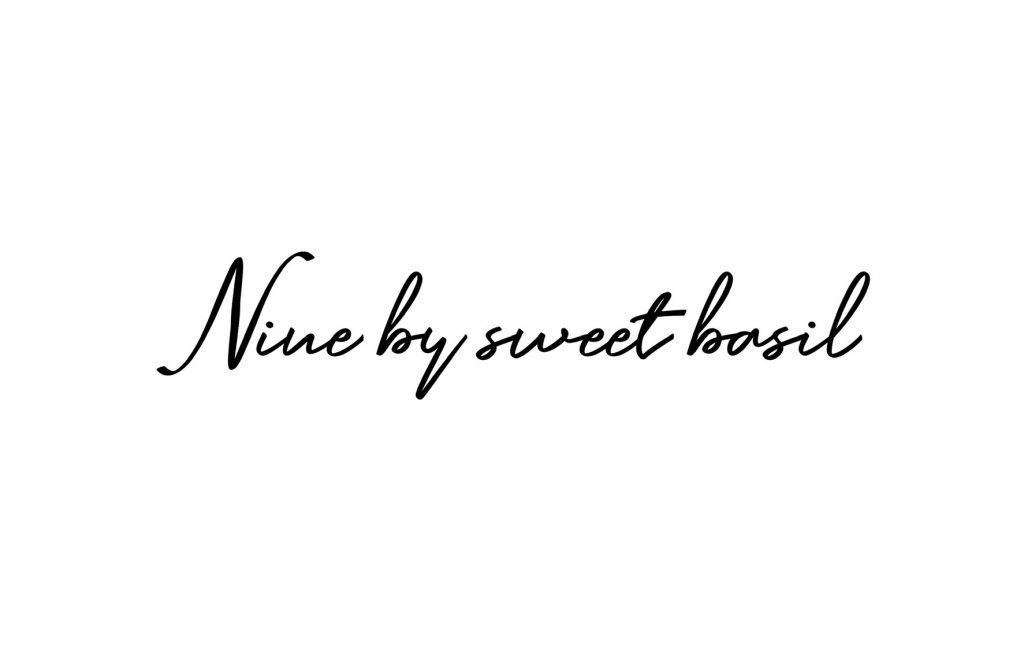
It is gradually turning into autumn, how are you all doing?
Many of you may remember the phrase “fall is the season of appetite” when it comes to autumn.
Therefore, in this and the next issue, we will feature seven points of a healthy diet.
Be careful not to eat too much protein
Today, our dietary environment has changed drastically compared to about 50 years ago. After World War II, the Ministry of Health and Welfare (at the time) encouraged people to consume at least 80g of animal protein per day, and we have changed to a Western-style diet that is rich in fish, meat, and other animal proteins.
Although protein is the elemental amino acid building block of hair, consuming a lot of protein is not necessarily good for your hair. Excessive consumption of animal protein causes fat to accumulate in the internal organs and also deteriorates the quality of blood vessels and blood. Furthermore, when combined with a lack of green and yellow vegetables, it increases susceptibility to lifestyle-related diseases such as diabetes and heart disease.
Eating Habits
In China, hair has been called “ketuyo” (blood surplus) since ancient times. This refers to the idea that the nutrients that have been distributed throughout the body will eventually make their way to the hair. In China, there is a saying “medicine and food are the same source,” and food and health must have been considered important from ancient times. Now, let us introduce some points for taking a healthy diet in today’s modern diet.
- consume high-quality protein.
99% of hair is made up of a protein called keratin, which is a combination of about 18 different amino acids. The most abundant amino acid is cystine, which is made from methionine in the body. Methionine is an essential amino acid that cannot be synthesized in the body, so it must be supplemented in the diet. Soybean products such as tofu, brown rice, and potatoes are rich in essential amino acids. To consume protein, it is preferable to eat these plant-based foods. Animal proteins such as meat, fish, and eggs have a very high amino acid score and are very efficient, but too much of them can be a burden on the internal organs, so be careful not to consume too much. - Consume plenty of green and yellow vegetables.
Protein, which is the “basis” of hair, is first broken down into amino acids and then synthesized again. This is called “protein metabolism” and requires B vitamins. Vitamins A, B, C, D, E, F, and pantothenic acid are essential for hair. Vitamin E is especially recommended. Since it is not found in the human body, it is important to consume green and yellow vegetables. Although it is easy to consume green and yellow vegetables in salads and other dishes, it is difficult to consume a large amount of them in spite of their appearance. Boiling or frying vegetables rather than eating them raw allows you to consume more of them. However, be careful of the salt content when seasoning them. - Take in minerals with root vegetables.
Root vegetables such as potatoes, lotus root and burdock root are rich in minerals essential for the body.
These are the main points for this issue. Your diet has a great influence on your hair and body. Please enjoy your meals with a healthy aspect in mind. Please look forward to the next issue, where we will introduce some more points on dietary habits.

